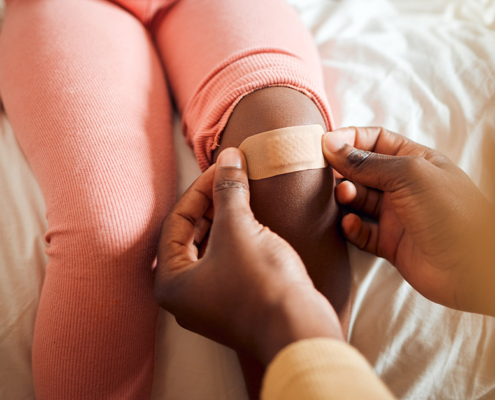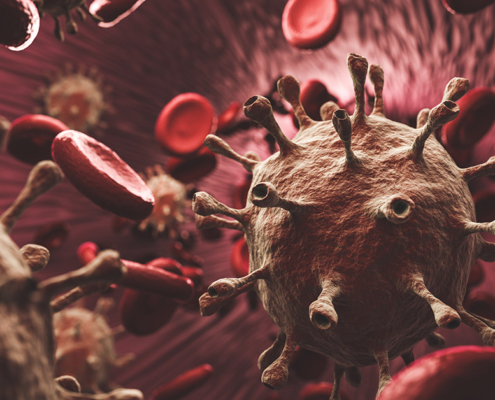What first aid course do I need?
First aid and CPR classes can look slightly intimidating at first. Lots of options with plenty of training. But which one is the best bang for your buck? Well, that depends on why you’re taking the training.
In the workplace
Many workplaces require first aid, CPR, AED, and Bloodborne Pathogens training. The exact requirements differ on a few factors:
- Does the workplace have the possibility of injury by sharp objects, machinery, heat or cold?
- Does the workplace have other individuals present?
- Does the workplace have an AED onsite?
- Does the workplace have a reasonable ability for interaction with bodily fluids?
More training might seem better, but budget restrictions, local regulations, time management and practice all come into play when making these decisions. With limited time, taking a course with the highest chance of saving a life, and becoming proficient in those skills, should be a top priority. In an office setting with no chances of decompression sickness, teaching an oxygen provider course might be better spent reinforcing CPR/AED skills. No matter the workplace CPR and AED training will give you an important first step in responding to emergencies.
For your personal life
CPR and AED use has saved lives and will continue to do so. First aid can change a situation from really bad to really manageable. It’s no question why many workplaces require training. Even if your workplace doesn’t require training it might be wise to seek it out on your own. It doesn’t matter how active you are, or where your adventures take you, becoming an informed layperson rescuer is better when an accident occurs. It can be as simple as recognizing the symptoms of heat exhaustion at a local baseball game or as big as providing a few minutes of CPR before EMS arrives on the scene. No matter the severity of the situation, a trained rescuer can provide care more confidently than an untrained rescuer.
What’s real?
Regardless of the reason for taking a course, you need to know – Is this a good program? You need to know if the program is compliant with local regulations, international requirements, and relevant to your situation. Online components are very helpful for faster and more efficient learning, but a practical session is where the real training happens. Don’t be fooled with online-only courses that claim to be compliant with regulations – typically they aren’t.












留下回覆
想加入討論?隨時歡迎參與討論!